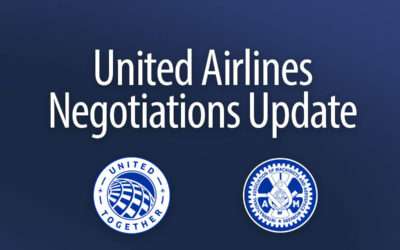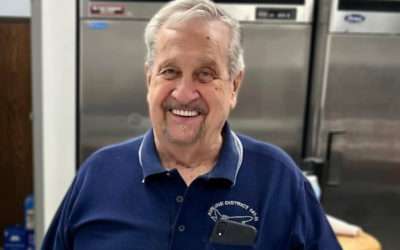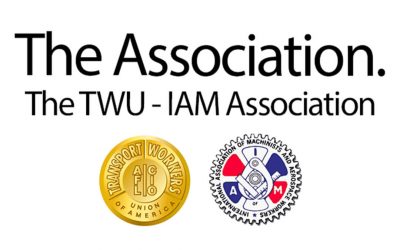
Summer Storms and Short-Staffing Cause Massive Travel Disruptions
On Monday, storms impacting the East Coast, stretching from Tennessee to New York, led to nearly 9,000 flights being delayed and an additional 1,768 cancellations across the U.S., as reported by FlightAware. A significant portion of these disruptions took place at Hartsfield-Jackson Atlanta International Airport, one of the world’s busiest airports. It witnessed over 590 delays for departing flights, making up almost half of its daily roster, and more than 500 arriving flights were delayed, representing about 41% of its planned schedule.
Atlanta-based Delta Air Lines was particularly hard hit, which saw more than 1,300 delays and 440 flights canceled, or 11% of its entire schedule. “Due to continued severe weather that impacted our Atlanta hub, Delta teams are working hard to recover the operation and we apologize to our customers who’ve experienced delays to their travel plans,” a spokesperson from the airline said in a statement aired on CNN.
The havoc continued into Tuesday, with another 1,400 delays and over 300 cancellations reported by noon, striking close to 17% of 10,060 daily scheduled commercial flights. The storms will impact an estimated 120 million travelers.
In response to the storms, the Federal Aviation Administration (FAA) announced plans to reduce or slow flights in the New York, Philadelphia, and Washington D.C. regions. It warned that weather-related delays might strike as far south as Florida. It is estimated that up to 120 million travelers will be affected.
The storms are not solely responsible for the mass delays and cancellations. Since the end of the Pandemic, airlines have been slow to hire enough employees to cover their operations. United Airlines, for example, used COVID Aid funding designed to retain its workforce to instead lure employees into early retirement. Like other airlines, United is now struggling to find new employees soon enough to handle summer and post-pandemic demand.
In July, Transportation Secretary Pete Buttigieg said his department is investigating several airlines, including United, for “unrealistic scheduling.” According to Secretary Buttigieg, airlines were selling more tickets than they could reasonably expect to accommodate. According to Buttigieg, this practice was directly responsible for delays and cancellations during peak travel periods.
Commercial airlines urgently need to hire 32,000 new pilots, ramp and gate agents, and air traffic controllers, among other critical staff. The Department of Transportation says airlines are falling further behind each year, meaning the airline staffing crisis could stretch out over the next decade.
Related News
United Airlines Negotiations Update for September 17, 2024
United Contract Negotiations Update17 September 2024 Dear Sisters and Brothers, Your IAM District 141 negotiating team and United Airlines management continued contract negotiations for seven different contracts last week in Chicago, Illinois. The District 141 sub-...
Celebrating the Life and Legacy of Ken Thiede
Ken Thiede, a beloved and respected leader in the Machinists Union, passed away peacefully on Thursday due to natural causes. He was 87. Celebrating the Life and Legacy of Ken ThiedeCelebrating the Life and Legacy of Ken Thiede, a Lifelong Union Advocate, Mentor, and...
Association Update
This will serve as the official update to the Association membership for M&R, MLS, MCT, MTS, and Fleet Service. September 13, 2024 To Association Fleet Sisters and Brothers, The Association Fleet sub committee met with AA leadership on September 12th to discuss...
Stay up to date with all the latest news and information from the Machinists Union

Summer Storms and Short-Staffing Cause Massive Travel Disruptions
August 8, 2023
On Monday, storms impacting the East Coast, stretching from Tennessee to New York, led to nearly 9,000 flights being delayed and an additional 1,768 cancellations across the U.S., as reported by FlightAware. A significant portion of these disruptions took place at Hartsfield-Jackson Atlanta International Airport, one of the world’s busiest airports. It witnessed over 590 delays for departing flights, making up almost half of its daily roster, and more than 500 arriving flights were delayed, representing about 41% of its planned schedule.
Atlanta-based Delta Air Lines was particularly hard hit, which saw more than 1,300 delays and 440 flights canceled, or 11% of its entire schedule. “Due to continued severe weather that impacted our Atlanta hub, Delta teams are working hard to recover the operation and we apologize to our customers who’ve experienced delays to their travel plans,” a spokesperson from the airline said in a statement aired on CNN.
The havoc continued into Tuesday, with another 1,400 delays and over 300 cancellations reported by noon, striking close to 17% of 10,060 daily scheduled commercial flights. The storms will impact an estimated 120 million travelers.
In response to the storms, the Federal Aviation Administration (FAA) announced plans to reduce or slow flights in the New York, Philadelphia, and Washington D.C. regions. It warned that weather-related delays might strike as far south as Florida. It is estimated that up to 120 million travelers will be affected.
The storms are not solely responsible for the mass delays and cancellations. Since the end of the Pandemic, airlines have been slow to hire enough employees to cover their operations. United Airlines, for example, used COVID Aid funding designed to retain its workforce to instead lure employees into early retirement. Like other airlines, United is now struggling to find new employees soon enough to handle summer and post-pandemic demand.
In July, Transportation Secretary Pete Buttigieg said his department is investigating several airlines, including United, for “unrealistic scheduling.” According to Secretary Buttigieg, airlines were selling more tickets than they could reasonably expect to accommodate. According to Buttigieg, this practice was directly responsible for delays and cancellations during peak travel periods.
Commercial airlines urgently need to hire 32,000 new pilots, ramp and gate agents, and air traffic controllers, among other critical staff. The Department of Transportation says airlines are falling further behind each year, meaning the airline staffing crisis could stretch out over the next decade.
Related
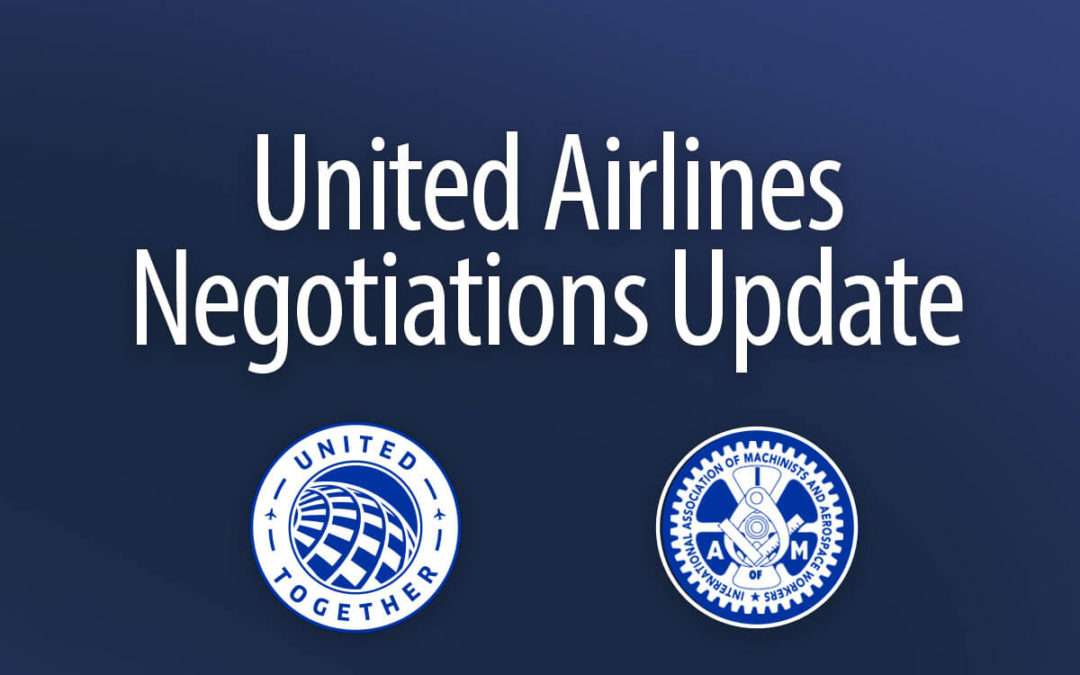
United Airlines Negotiations Update for September 17, 2024
United Contract Negotiations Update17 September 2024 Dear Sisters and Brothers, Your IAM District 141 negotiating team and United Airlines management continued contract negotiations for seven different contracts last week in Chicago, Illinois. The District 141 sub-...

Celebrating the Life and Legacy of Ken Thiede
Ken Thiede, a beloved and respected leader in the Machinists Union, passed away peacefully on Thursday due to natural causes. He was 87. Celebrating the Life and Legacy of Ken ThiedeCelebrating the Life and Legacy of Ken Thiede, a Lifelong Union Advocate, Mentor, and...
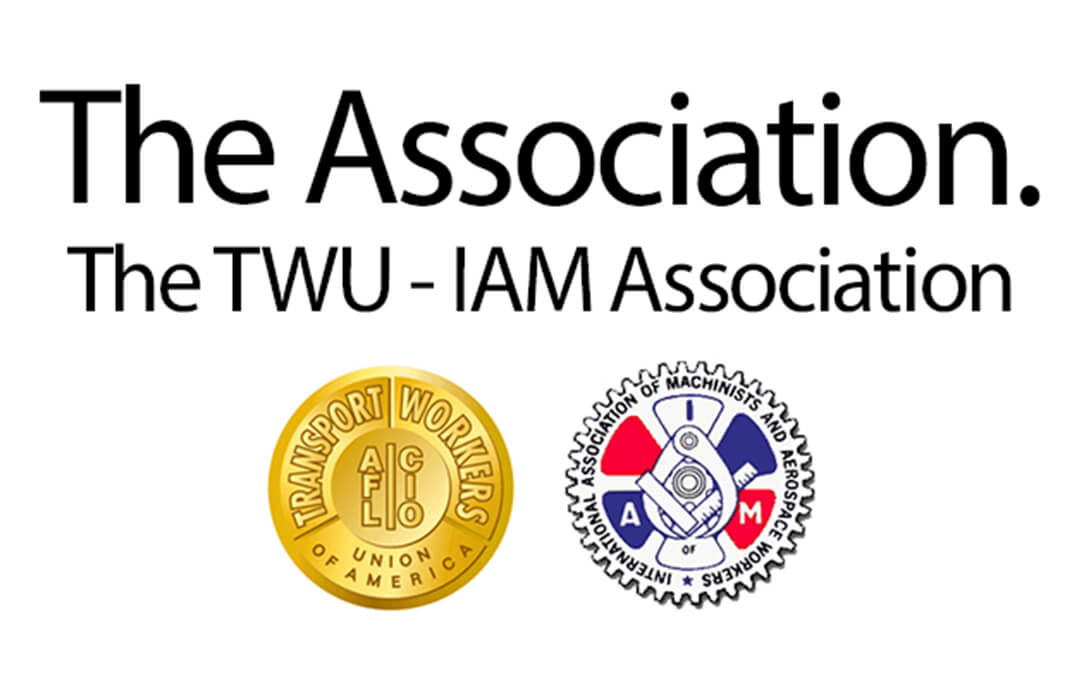
Association Update
This will serve as the official update to the Association membership for M&R, MLS, MCT, MTS, and Fleet Service. September 13, 2024 To Association Fleet Sisters and Brothers, The Association Fleet sub committee met with AA leadership on September 12th to discuss...



